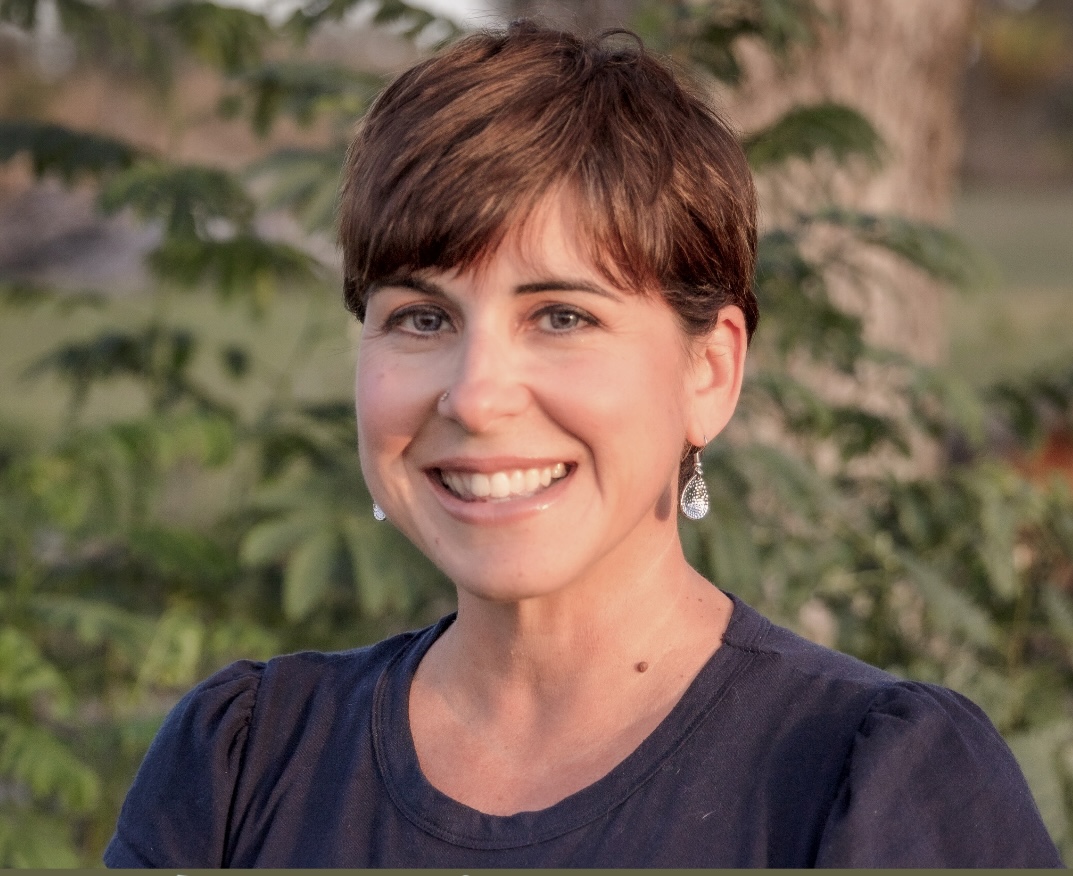Understanding Cranial Fascial Therapy for Babies
- Gwendy Gregory
- May 16, 2025
- 2 min read

As parents, we all want the very best for our little ones—especially when it comes to their comfort and wellbeing. You may have heard about cranial fascial therapy for babies and wondered what it is, how it works, and whether it might be helpful for your child. My goal is to provide you with clear, faith-centered information so you can make informed decisions for your family.
What is Cranial Fascial Therapy?
Cranial fascial therapy is a gentle, hands-on technique designed to release tension in the fascia—the connective tissue that surrounds muscles, bones, and organs. In babies, this therapy is performed with the lightest touch, focusing on the head (cranium) and throughout the body. Practitioners believe that by gently releasing restrictions in the fascia, babies may experience improved comfort and function.
Typically, cranial fascial therapy is provided by trained professionals such as pediatric physical therapists, occupational therapists, or specialized bodyworkers. The approach is non-invasive and aims to support the body’s natural healing processes.
Potential Benefits for Babies
Some parents seek cranial fascial therapy for their babies to address concerns such as:
- Feeding difficulties (latching or sucking issues)
- Colic or excessive fussiness
- Sleep challenges
- Tension or discomfort after birth (especially after a long or difficult labor)
- Head shape concerns (like flat spots)
It’s important to note that while many families report positive changes, research on cranial fascial therapy is still developing. Results can vary, and not every baby will respond in the same way.
What Happens During a Session?
A typical session is calm and soothing. The practitioner will use gentle, precise touch to assess and release tension in your baby’s body. Most babies remain fully clothed and are held or comforted by a parent during the session. The therapy is designed to be relaxing and should never cause pain or distress.
Considerations and Safety
If you are considering cranial fascial therapy for your baby, it’s important to:
- Choose a qualified, experienced practitioner who specializes in working with infants.
- Discuss your interest with your pediatrician or healthcare provider to ensure it’s appropriate for your child’s needs.
- Ask questions about the practitioner’s training, approach, and what to expect during and after sessions.
As a Christian and a doula, I believe in the importance of caring for the whole child—body, mind, and spirit. Exploring gentle, holistic therapies can be one way to honor God’s design for our children and seek His wisdom in their care. I encourage you to pray for discernment and peace as you consider all options for your baby’s wellbeing.
Cranial fascial therapy is one of many gentle approaches that some families find helpful for their babies. While it may offer benefits for certain concerns, it’s always wise to consult with your healthcare provider and seek guidance from the Lord in every decision. If you have questions or want to learn more about holistic support for your family, I’m here to help.






Comments